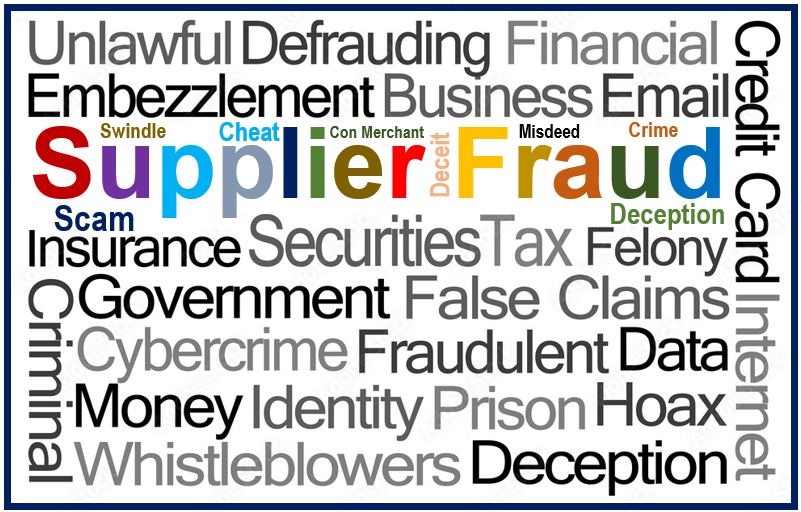Know Your Vendor is the process of knowing your company’s vendors to the T. Its aim: To eliminate the risk of fraud and other supplier-related challenges.

A brief history of the supplier-and-business relationship
Since the beginning of time, businesses have depended on vendor partnerships for procuring resources. From raw materials to Human Resources, third-party suppliers have been the go-to guys for many companies. Whether that is a third-party recruitment company providing a steady stream of manpower/talent or a product vendor supplying necessary inventory.
Sadly, this generational relationship hasn’t always been a flawless one. Over the years, there have been reports of companies getting scammed by supposed vendors. Other times, we’ve heard reports of vendors being responsible for downtime, interruptions, revenue loss, costly fines, legal issues, and reputational damage.
In this post, we’re going to be looking at tips to help your business beat all these vendor-related challenges.
7 Tips to Avoid Supplier Fraud
1. Know Your Suppliers
The first step to protecting your business from vendor scams is making sure you know vendors in and out.
If you meet them online, make sure to look up their websites for any red flags. Ask about their licensing information to be sure the right bodies regulate them. If you can, seek out expert recommendations from professionals in your industry. When you can, ask for references from others. Finally, pay a credit reference agency to carry out background checks on any supplier you plan to work with.
2. Double-check invoices before approving them
When suppliers issue invoices, ensure you scrutinize them thoroughly before authorization.
Importantly, this should be done regardless of any pre-existing relationship you have with a vendor.
For businesses that deal with multiple vendors and large inventories, employing an invoice automation system is advisable. An invoice automation system has the capacity to track and scrutinize multiple invoicing processes such as account payable workflows and advance invoice checks.
With that, you wouldn’t have to waste time and important resources scrutinizing invoices manually.
3. Maintain a single point of contact with suppliers
Involving many departments in your dealings with suppliers is a recipe for mix-ups. Instead, put together a procurement team responsible for communicating and processing transactions with suppliers.
This team can feature representatives from different departments. For example, you can have a team of workers from the procurement, finance, warehouse, and production departments. Anytime the company wants to order materials from vendors, this team of workers will be the point of contact with vendors. This way, there won’t be room for mix-ups or loopholes for suppliers to exploit.
4. Enforce transparency amongst procurement team members
If only one worker is communicating with vendors, this can lead to a lack of transparency amongst procurement team members. And such secrecy can foster shady dealings.
To prevent that, ensure all members of the team are involved in the communications with vendors. That way, no one worker will have special access to vendors, especially during negotiations.
5. Set up an internal vendor review team
Believe it or not, supplier fraud doesn’t happen without the knowledge of at least one person in the organization. Usually, this person could be a part of the procurement team, or they could be regular workers. To beat vendor frauds, you can set up a vendor review team responsible for reviewing all new vendors on a regular basis.
This team will do background checks on vendors to be sure they have no pre-existing association with anyone connected to the organization.
6. Rotate procurement staff regularly
It’s important to ensure you don’t keep the same workers in the procurement team for too long.
This is because workers and vendors can develop some sort of chemistry over time. And that might be a bedrock for the perpetration of fraud.
Not to take anything away from your employees, but you need to remember they’re humans. And as humans, they can be tempted by the prospects of receiving kickbacks.
7. Look out for compromises amongst your procurement team
As we said in #6 above, employees may be tempted by the prospects of kickbacks.
One way to detect this is finding out whether a member of staff is agitating for a particular supplier.
Suppose you have a couple of vendor options on the board and a worker is clamoring for a particular vendor to be awarded a contract. You know that there’s probably something fishy brewing somewhere. In which case, you have to beware of awarding that vendor the contract.
Interesting related article:

